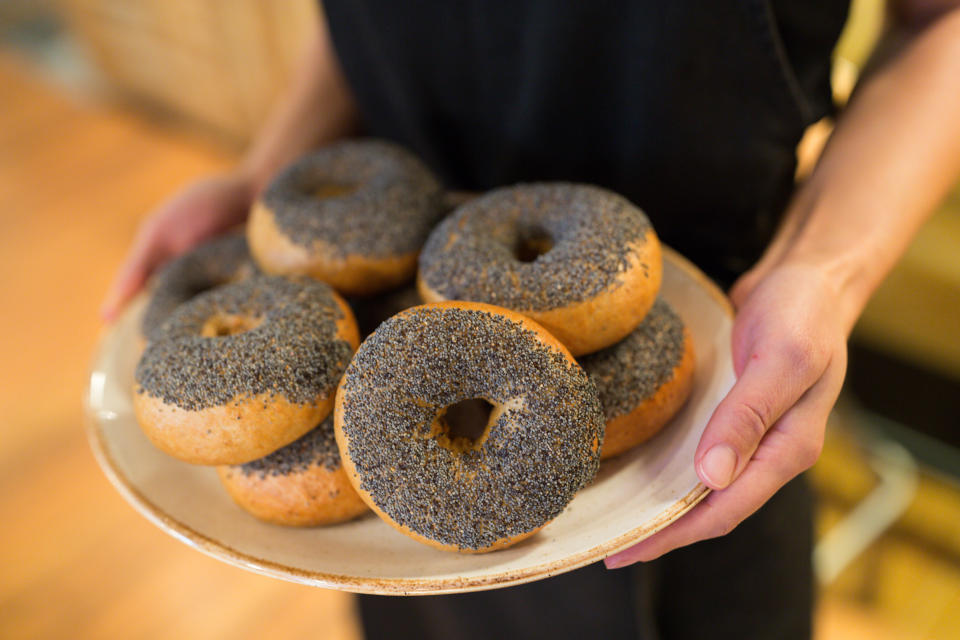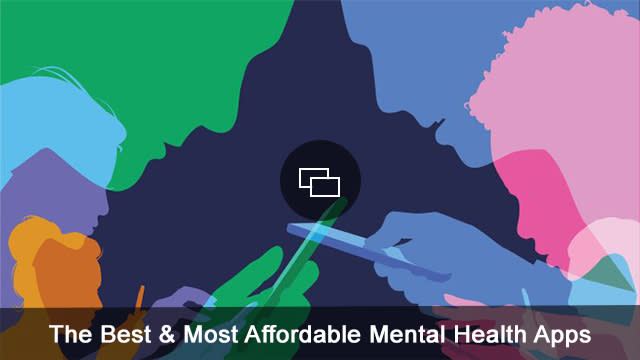Two Moms Claim They Were Drug Tested During Childbirth Without Consent in Appalling Lawsuits

Two alleged instances of involuntarily drug testing during childbirth led to new moms being baselessly investigated for potential child abuse or neglect. Both moms are now suing the hospitals where they gave birth to ensure this never happens again.
As The Guardian reported, two moms from New Jersey claim they were drug tested without their knowledge or consent when they went to the hospital during labor. Both drug screenings were positive, which prompted investigations into potential child abuse or neglect from the state’s Department of Child Protection and Permanency (DCPP).
More from SheKnows
But the women insist they were not using opioids while pregnant. Instead, they suspect the poppy seed bagels they ate for breakfast that day caused the ultra-sensitive tests to falsely come back positive.

Poppy seeds don’t contain opium, but they can be contaminated with opiates during the harvesting process, per University of Florida Health. And these kinds of drug tests are notoriously sensitive to opiates, so much so that the United States Defense Department recently warned service members to avoid consuming foods with poppy seeds due to routine screenings.
Click here to read the full article.
Needless to say, informed consent is a key part of ethical medicine practices. Drug tests shouldn’t be run without a patient’s knowledge or approval, especially when there is no valid reason to conduct them in the first place.
“I feel violated,” Kaitlin K, one of the mothers involved in the lawsuits, said in a press statement. “This whole ordeal has been extremely stressful and has turned our lives upside down and now, because of what happened, I live in fear of medical tests and how they might be used against me as a mother. I found out later that the lab used a testing threshold far, far lower than what the federal government uses.”
Months after going home from the hospital, Kaitlin was still being subjected to regular drug tests and visits from DCPP. The other plaintiff, Kate L, had a similarly awful experience. As the New Jersey Monitor reported, Kate is half-Mexican and heavily tattooed. She wonders if her race or appearance led hospital staffers to suspect she was using drugs.
“My OB-GYN said to me on the phone that this sometimes happens to women of color,” she told the outlet.
Regardless, Kate is now “terrified” to go to the hospital ever again. “It’s just a lingering, painful thing I’m always thinking about. … Giving birth should be one of the most like joyous events in your life, and everything that happened has completely destroyed that for me,” she added.
Both moms are being backed by the ACLU of New Jersey, which filed legal complaints on their behalf.
“No one should be subjected to unnecessary and non-consensual drug tests. Our clients are sending a clear message to hospitals that these testing and reporting policies are unacceptable,” Molly Linhorst, a lawyer with ACLU New Jersey, told The Guardian.
Similar lawsuits over nonconsensual drug testing during labor have been filed in other states, including New York and Illinois.
Horror stories like these are testaments to the U.S.’s seriously outdated drug laws and reporting procedures. Many of these policies harken back to the 1970s, when President Richard Nixon greatly increased the penalties for drug-related crimes — including low-level offenses — as part of the now-infamous “war on drugs.”
Decades later, these laws still have disastrous consequences, especially for people of color. According to the ACLU, Black Americans comprise 35 percent of people arrested for drug possession and 74 percent of those imprisoned on these charges. Latinx Americans are also disproportionately arrested and imprisoned for drug-related charges.
Before you go, read up on these affordable mental health apps:
Best of SheKnows
Lizzo's Most Powerful Quotes About Body Positivity Will Have You Feeling Good As Hell
28 Celebrity Sex Quotes That'll Have You Hot Under the Collar
Sign up for SheKnows' Newsletter.
For the latest news, follow us on Facebook, Twitter, and Instagram.


